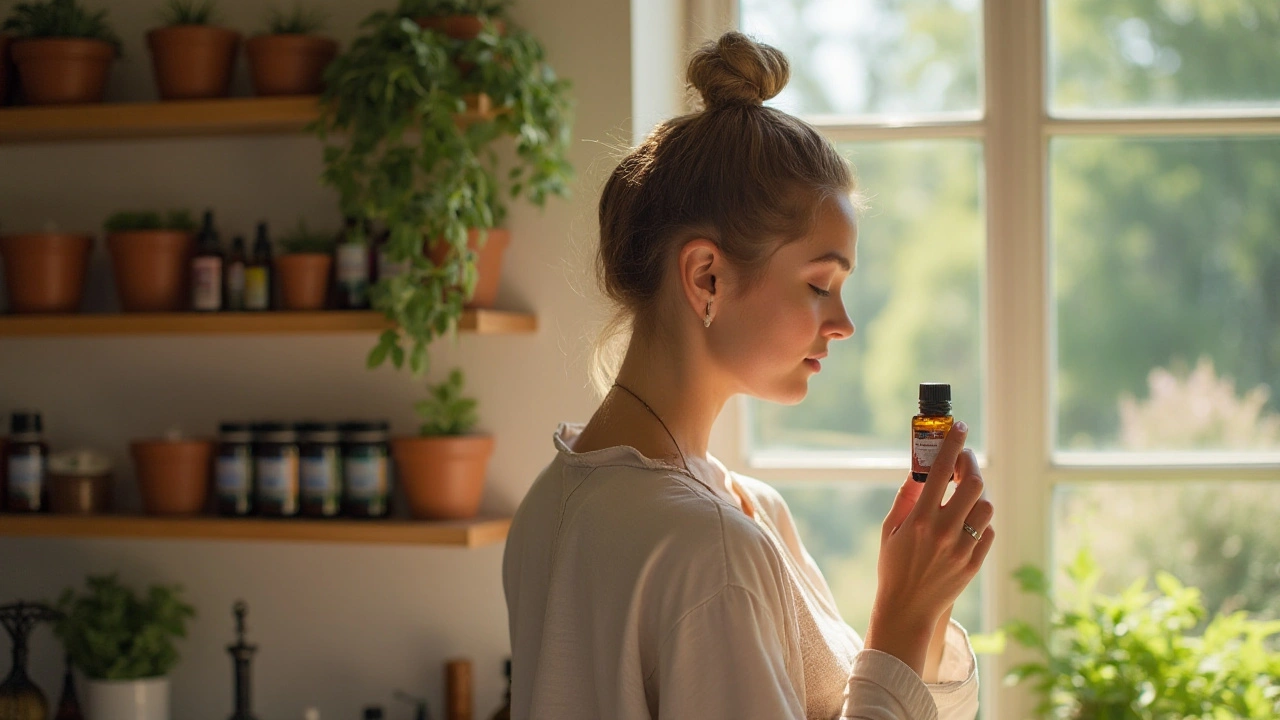Allergy Relief: Practical Ways to Stop Sneezing and Itchy Eyes
If seasonal sniffles or year-round congestion steal your energy, you want fixes that actually work. Allergies are a mix of inflammation and immune overreaction — so the fastest wins come from cutting exposure and calming inflammation. Below you'll find real steps you can try today, plus safe medicine choices and when to get medical help.
Simple steps you can start now
Start with your environment. Close windows during high pollen times, run an air purifier with a HEPA filter in the bedroom, and shake off clothes and pets outside before coming in. Showering before bed removes pollen stuck to hair and skin and helps stop overnight symptoms.
Use a saline nasal rinse once daily if your nose feels blocked. It's cheap, drug-free, and often reduces congestion and post-nasal drip enough to cut down on sneezing and throat clearing.
Check local pollen counts via a weather app and plan outdoor activities for lower-pollen times — early morning and windy days are usually worse.
Medicines that actually help
Over-the-counter antihistamines are the easiest first move. Non-drowsy options like cetirizine, loratadine, or fexofenadine calm itch and sneezing for most people. If you need faster relief for sudden symptoms, an older antihistamine like diphenhydramine works but can make you sleepy.
Nasal steroid sprays — fluticasone or budesonide, for example — reduce inflammation at the source. They take a few days to peak but are the best long-term way to control congestion and nasal symptoms. Use them daily during allergy season for steady relief.
Decongestant pills or sprays can help briefly, but avoid nasal sprays longer than three days to prevent rebound congestion. Oral decongestants can raise blood pressure and cause jitteriness, so use them short-term and check with your pharmacist if you have heart issues.
Montelukast (Singulair) is a prescription option for people who don’t get enough relief from antihistamines and sprays. It works differently by blocking leukotrienes. There are rare reports of mood changes, so discuss benefits and risks with your doctor before starting.
For severe or persistent allergies, allergen immunotherapy (allergy shots or sublingual tablets) can reduce symptoms long-term by retraining the immune system. Ask an allergist if your triggers are well identified and severe enough to consider this.
Buying meds online? Use licensed pharmacies, require a prescription when needed, and avoid deals that look too good to be true. Our site has guides on spotting safe online pharmacies and using discount cards without risking fake products.
If symptoms include wheezing, trouble breathing, or swelling of the face or throat, go to urgent care or emergency services right away. For ongoing trouble despite treatment, see an allergist — they can test for specific triggers and tailor a plan that reduces meds and improves life.�
